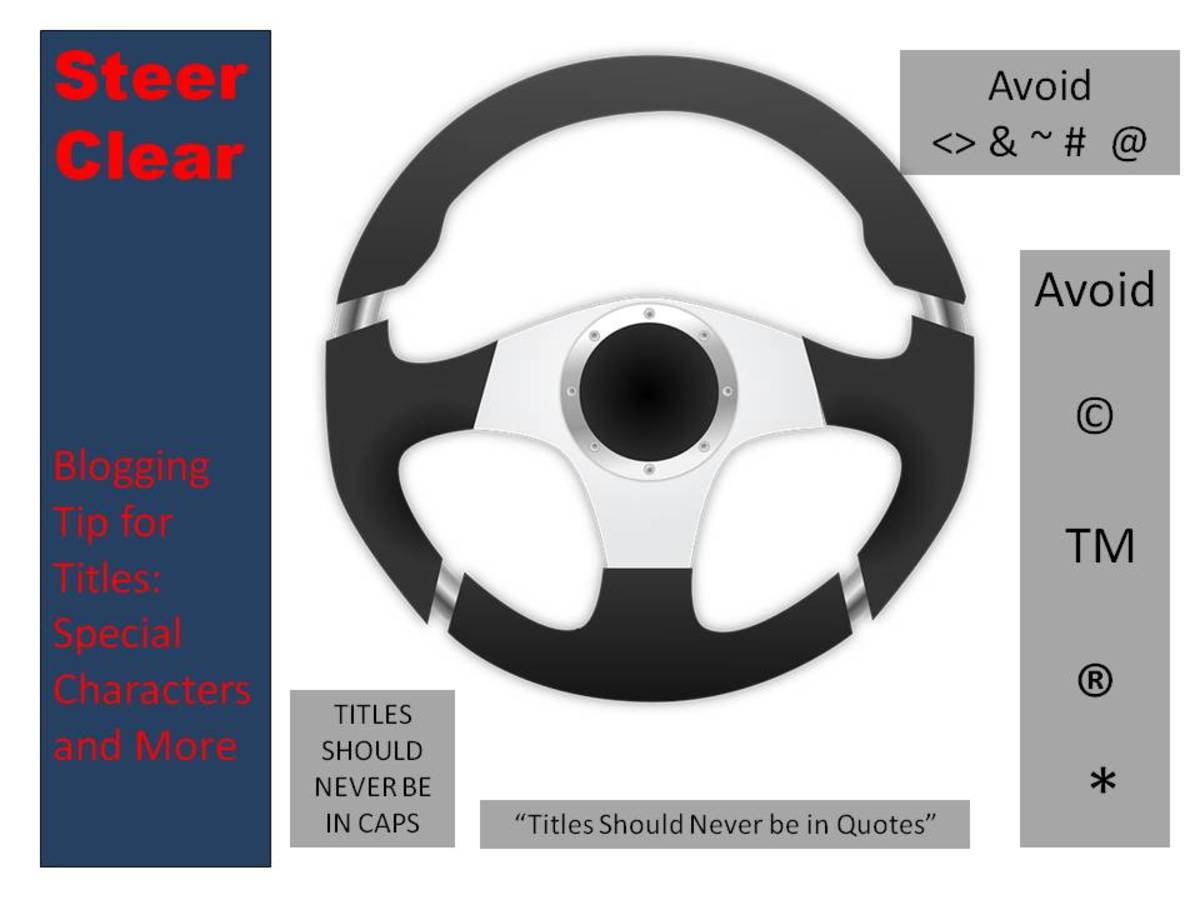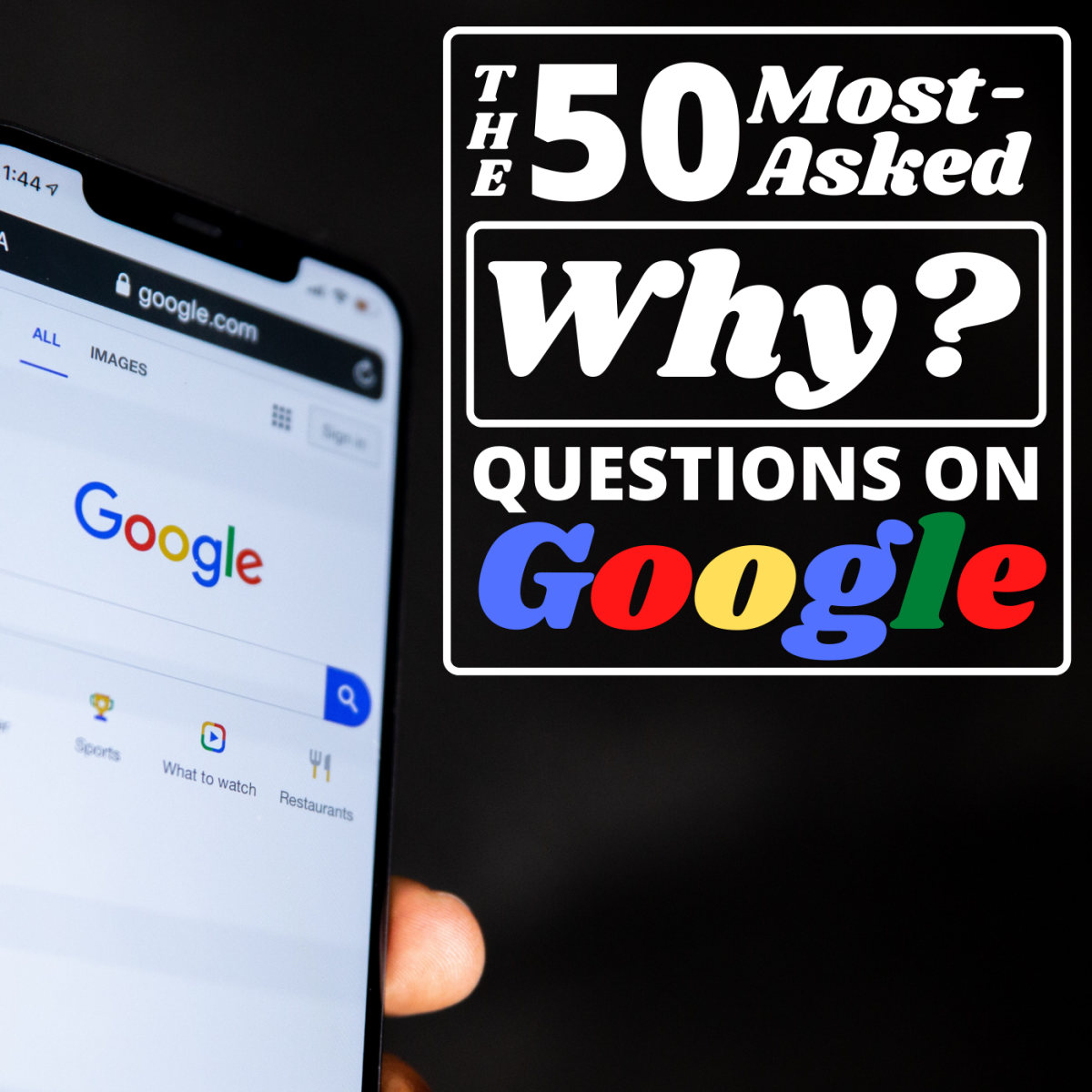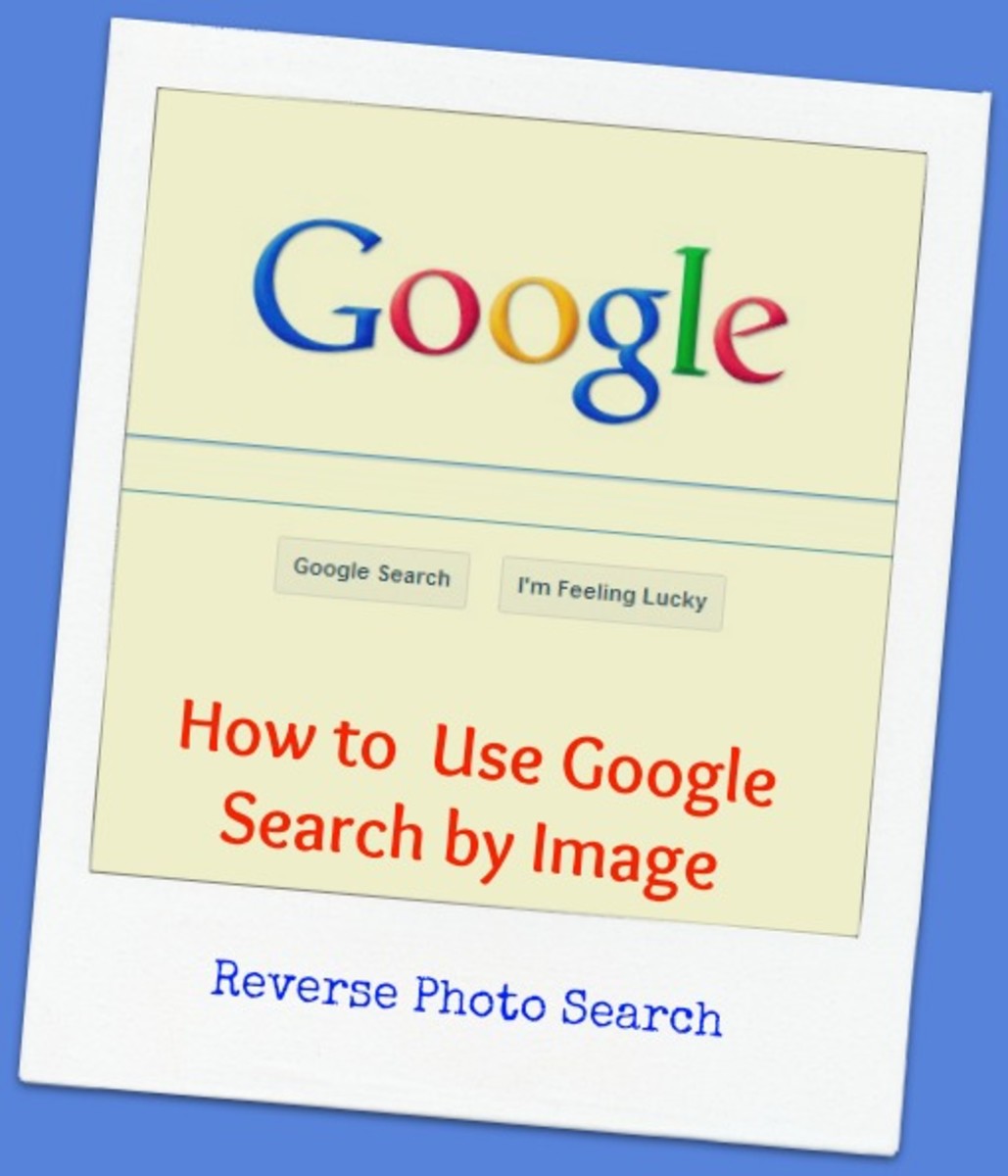Title Length And Search Engine Rankings - Search Engine Specialist Tip

Title Length And Search Engine Rankings - Search Engine Specialist Tip
The best title length and search engine rankings tips for keeping your entire title in the SERPs is to create a title with less than 70 characters including spaces.
Choosing a title whether it be short or long can be looked at further to determine what really is a short title or a long title.
Can a title be considered long if it is under 70 characters or does the title have to exceed this amount? Could any title under 70 characters be considered to be a short title?
Also how does this effect the search engine rankings of the title chosen? Will the title length effect the search engine placement and how to make the most of a relevant title keywords but still show in the SERPs title tag.
SERPs
SERPs is an abbreviation for search engine results pages. The higher your webpage, blog, hubpages rank in the SERPs the more traffic they will receive.
Getting ranked higher in the SERPs can be achieved by using optimized keywords in the title and throughout the body of the pages.
Generally the first place to start with keyword optimizing is in choosing the correct title for the content written.
Long Title Or Short Title
So what really is a long title compared to a short title? There has been much debate on what is to be considered a short title or a title which is to long.
The one thing to consider is that the search engine company uses the keywords that are typed in the search box to find the most relevant search terms to the words being typed.
More About title length and search engine rankings
Long Title
Is a long title really long or is it just right for the search engine specialist who wants to provide the optimal title for the hubpages, blog or website title tag.
Selecting keywords to add to a title can best be described by choosing the most relevant keywords to add in the first part of the title and taper off with secondary keywords near the end of the title.
Short Title
Really what is a short title? Considering all the factors of search engine placement of title tags a short title is anything under 70 characters.
Choosing a 3 word title is even a shorter title tag but the competition for only those 3 words maybe slightly higher.
To increase the chances for far more traffic adding relevant keywords to a title can increase the amount of searches that the title will show up in a search query.
Title-Description-URL
Once a search term is entered into the SEO search engine tools they will provide the user with results by rank. These results will be shown by search engine rankings starting with the highest rank on that page first.
Title Tag
Included will be the title of the search query and will show the entire title up to 70 characters including spaces. Anything after 70 characters will not be visible in the search engine results page. Although the results do consider any characters longer.
Description
The description in the results page will give brief information about the title and webpage to be viewed.
Generally 156 of characters including spaces will be shown in Google SERPs.
Using relevant keywords to the title and the pages in the description will help increase provide viewers with the relevant search term related to the title and the content.
We say help because the rest of the page and keywords in the body of the article must also be relevant in order to increase ranking to achieve the best optimization possible for that page.
URL
The url will also be shown in the results. The url is the web address where the page or site is located on the web.
The url should be relevant to the content of the page to be viewed. Choosing the best SEO services can be helpful in choosing the url for a website.
There are url suggestion tools also that help in selecting a url that is most relevant to the content to be provided.
Conclusion
In conclusion if a title needs to be used for maximizing the amount of primary keywords in that title then the use of more characters would be optimal.
Competition for keywords in a title can be reduced by adding any word or words relevant to the page being provided along with a good description snippet to describe what the page contents contain.
Using a good url also relevant to the title and description increases the chances to having the best search engine rankings possible.








